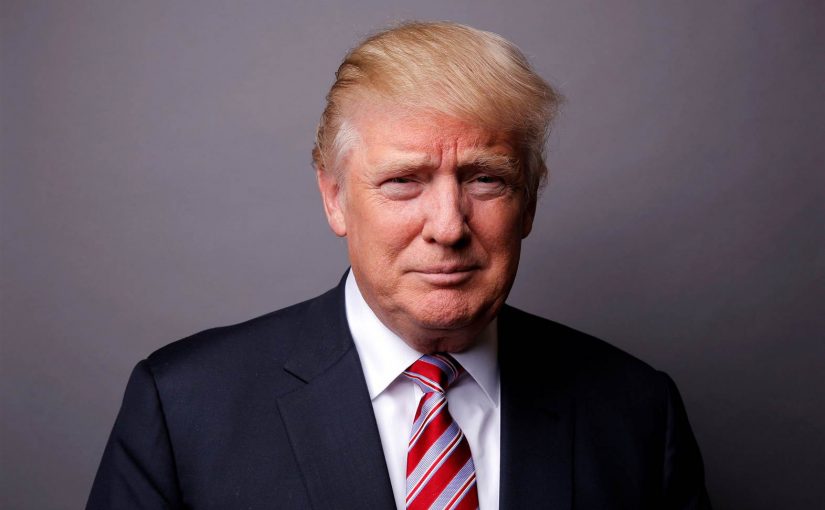It’s still early days, but here’s what we know about how family-sponsored immigration rules may or may not change during the Trump administration.
1. Will having a new president affect my family-based green card case?
Congress created the laws that allow someone to sponsor a family member for a green card. No president can change a statute without the help of Congress. Nevertheless, a president has a lot of say about how the green card system operates. While Mr. Trump has spoken a great deal about immigration, he has not directly addressed the family-based green card system. For now, we assume that the procedures will continue to operate in roughly the same way.
2. Will having a new president affect immigration based on same-sex marriage?
The Supreme Court issued two landmark decisions recognizing the rights of same-sex couples to marry in 2013 and 2015. While the Supreme Court occasionally overrules itself, it does so sparingly and generally only after a very long time has passed. Still, with at least one position open on the Supreme Court, and many more positions open in the federal judiciary, Mr. Trump will likely be able to nominate very conservative judges. As such, it seems probable that anti-marriage advocates will bring cases to try and chip away at marriage equality. Even if this is the case, sponsorship of a same-sex spouse for immigration benefits should remain an option absent a substantial, unconstitutional shift of power in the federal government.
3. Will there be “extreme vetting” of Arabs or Muslims?
Even though the U.S. Department of Homeland Security announced it’s scrapping an “obsolete” program once used to track men from countries with sizable Arab and Muslim populations, the waters are still murky as to whether Trump will seek to reinstall the program.
When recently asked by a reporter whether he was still considering a registry or a ban targeting Muslims, Trump vaguely responded, “You’ve known my plans all along.” The New York Times reported last year that Trump said he would “absolutely” force Muslims to register, although that point was overshadowed later in the campaign, when Trump turned his focus to “extreme vetting” of immigrants.
Exactly what this would entail is, again, rather murky, but Trump has called for an ideological screening test for immigrants, saying that people who “do not believe in our Constitution or who support bigotry and hatred will not be admitted for immigration into our country.” The president-elect has also called for temporarily suspending immigration from parts of the globe that have “a history of exporting terrorism.”

Leave a Reply